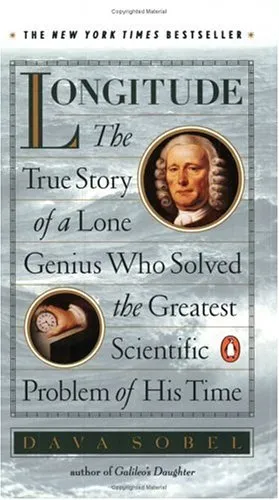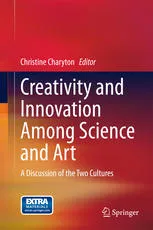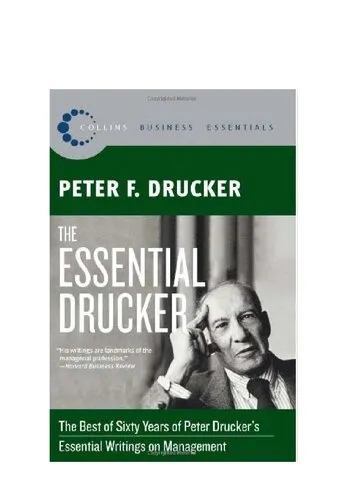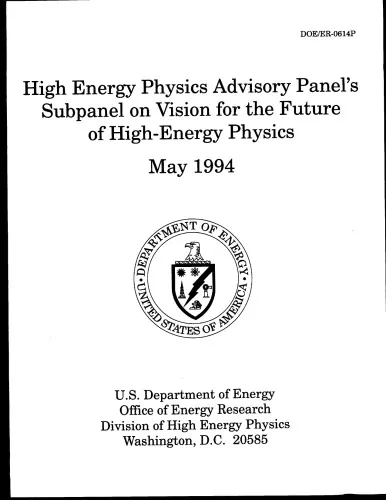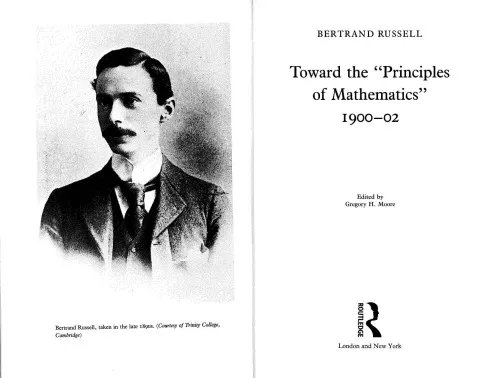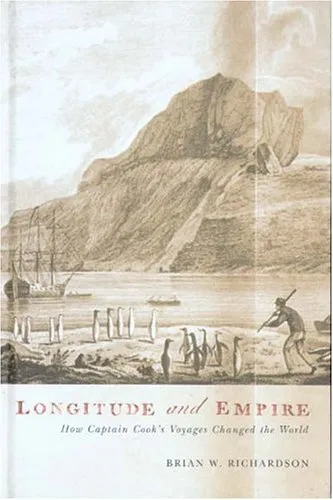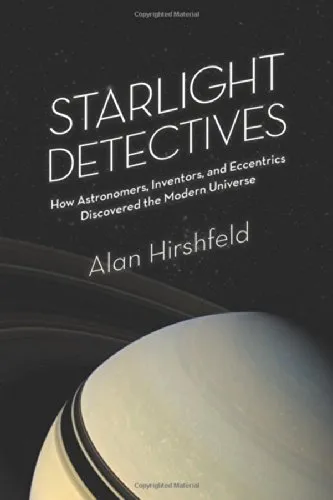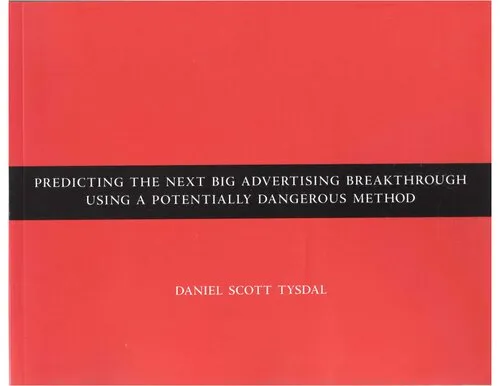Longitude: The True Story of a Lone Genius Who Solved the Greatest Scientific Problem of His Time
4.5
Reviews from our users

You Can Ask your questions from this book's AI after Login
Each download or ask from book AI costs 2 points. To earn more free points, please visit the Points Guide Page and complete some valuable actions.Related Refrences:
Introduction to "Longitude: The True Story of a Lone Genius Who Solved the Greatest Scientific Problem of His Time"
In the age of discovery when explorers ventured into the unknown, one challenge persisted as both a scientific puzzle and a danger to life: determining longitude at sea. The inability to measure longitude reliably meant that ships frequently ran aground, became lost, or suffered disastrous accidents. "Longitude: The True Story of a Lone Genius Who Solved the Greatest Scientific Problem of His Time" chronicles the life, struggles, and ultimate triumph of a self-taught clockmaker, John Harrison, who undertook the task of solving this critical problem. This book is a tribute to his ingenuity, perseverance, and the indelible impact he had on navigation and science.
In its pages, I, Dava Sobel, delve deeply into the historical context and the competitive atmosphere of 18th-century maritime exploration. With a rich narrative that balances science, history, and human drama, the story highlights how one man's revolutionary invention—a highly precise chronometer—changed the course of history. This introduction sets the stage for understanding not only Harrison's genius but also the monumental significance of his achievement in an era dominated by rivalries and skepticism.
Detailed Summary of the Book
The book begins by exploring the fundamental problem of determining longitude at sea. While determining latitude was relatively straightforward based on celestial observations, longitude measurement required a reliable method to track the passage of time. A one-hour time difference represents 15 degrees of longitude, and without a precise timekeeper, sailors could easily drift dangerously off course.
The context is the Longitude Act of 1714: a British government initiative offering a £20,000 reward to anyone who could invent a practical and accurate method for measuring longitude. This bounty, equivalent to millions of pounds today, attracted proposals ranging from serious astronomy-based methods to absurd pseudoscientific schemes. John Harrison, a humble carpenter and clockmaker with no formal training, entered this competitive arena with a focus on building a timekeeping device immune to the harsh conditions at sea.
Harrison’s story is one of monumental persistence. Over decades, he designed increasingly accurate marine chronometers, facing numerous setbacks, financial struggles, and political obstacles. The book describes the evolution of these timepieces, from his groundbreaking H1 to the radically compact H4. Despite resistance from the establishment—especially from astronomers who preferred their celestial methods—Harrison’s instruments eventually proved themselves in rigorous sea trials.
The narrative also explores the contributions of other historical figures, the wider scientific advancements of the time, and the broader human impact of conquering longitude. By the end, readers come to appreciate how solving this “greatest scientific problem of the age” forged new paths for safer navigation and international trade.
Key Takeaways
- The determination of longitude was a critical scientific and practical problem that shaped the course of history.
- John Harrison, a self-taught clockmaker, revolutionized timekeeping and navigational science through persistence and innovation.
- The development of the marine chronometer showcased the interplay of craftsmanship, engineering, and scientific rigor.
- Innovation often requires challenging established norms and enduring skepticism from those in power.
- The solution to a single, well-defined problem can have far-reaching implications for humanity as a whole.
Famous Quotes from the Book
"The thorniest scientific problem of the eighteenth century, and arguably of any century, was the discovery of how to calculate longitude."
"John Harrison, in complete opposition to the rest of the world's thinkers, believed that a clock could tell longitude just as well as the heavens."
"He wrested the world's whereabouts from the stars, and locked the secret in a pocket watch."
Why This Book Matters
The significance of Longitude extends beyond John Harrison’s extraordinary achievement. It encapsulates the essence of human creativity and the importance of solving practical problems that have real-world implications. The marine chronometer not only improved global navigation but also laid the foundation for modern timekeeping and scientific precision. By showcasing the perseverance of one man against systemic resistance and doubt, the book underscores how innovation can rewrite history.
Additionally, this story has enduring relevance in today’s world, where technological advancements still face ethical, institutional, and financial challenges. Harrison’s journey serves as an inspiring example of what can be accomplished when passion and determination drive scientific endeavor. The book is a celebration of curiosity, hard work, and the timeless human desire to explore the unknown.
Free Direct Download
You Can Download this book after Login
Accessing books through legal platforms and public libraries not only supports the rights of authors and publishers but also contributes to the sustainability of reading culture. Before downloading, please take a moment to consider these options.
Find this book on other platforms:
WorldCat helps you find books in libraries worldwide.
See ratings, reviews, and discussions on Goodreads.
Find and buy rare or used books on AbeBooks.
1269
بازدید4.5
امتیاز0
نظر98%
رضایتReviews:
4.5
Based on 0 users review
Questions & Answers
Ask questions about this book or help others by answering
No questions yet. Be the first to ask!
